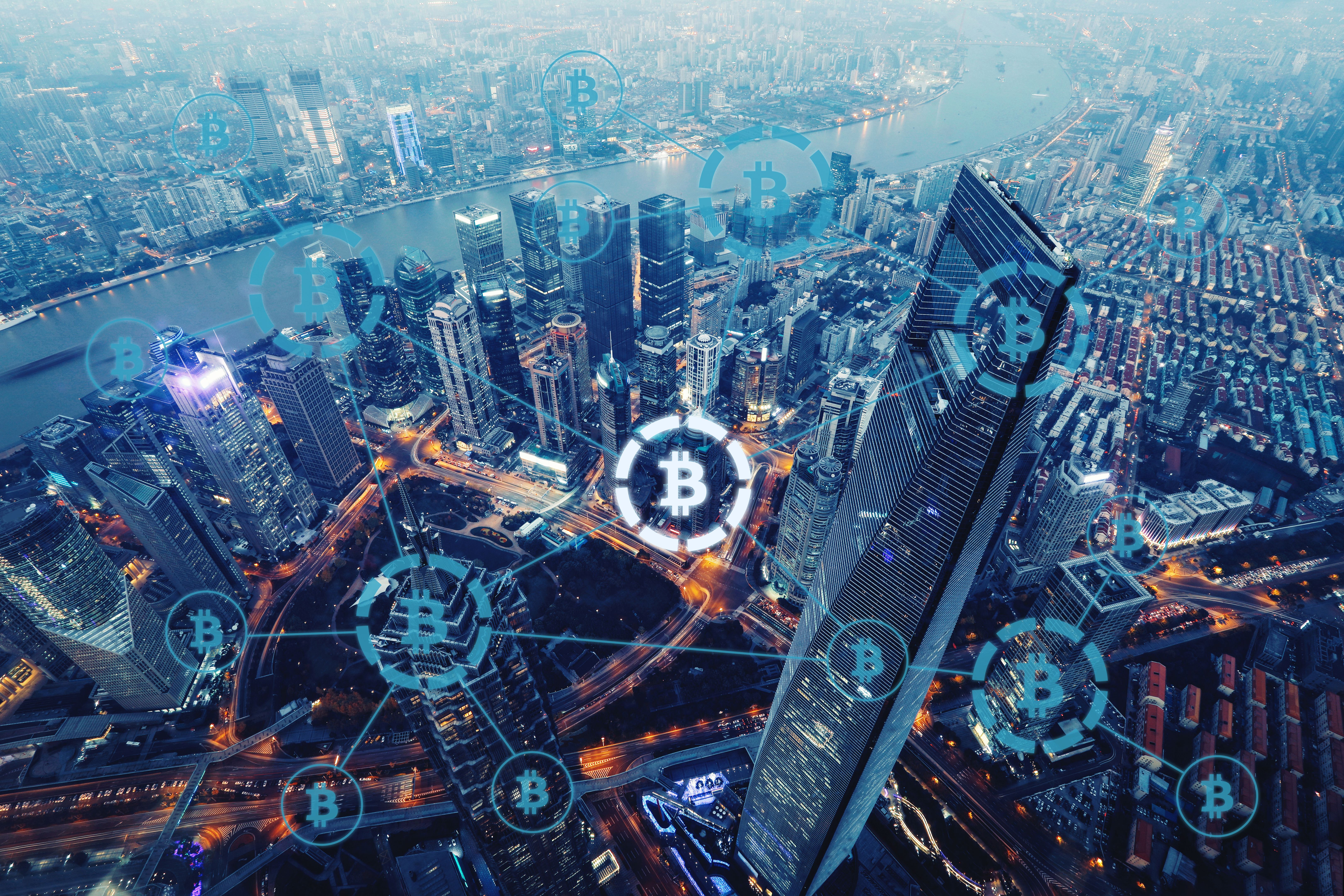Crypto Financial Cluster: A Comprehensive Guide
Introduction to the Crypto Financial Cluster
The world of cryptocurrency has evolved significantly since the introduction of Bitcoin in 2009. Today, it encompasses a vast ecosystem known as the crypto financial cluster. This cluster includes a variety of digital assets, platforms, and services that are reshaping the financial landscape. Understanding this complex network is essential for anyone looking to navigate or invest in the crypto space.
At its core, the crypto financial cluster comprises cryptocurrencies, blockchain technology, decentralized finance (DeFi), and non-fungible tokens (NFTs). These components work together to create a dynamic and ever-evolving financial environment. Let's delve deeper into each element to gain a comprehensive understanding.

Cryptocurrencies: The Foundation
Cryptocurrencies are digital or virtual currencies that use cryptography for security. Bitcoin was the first cryptocurrency, but thousands of others have emerged since then, including Ethereum, Ripple, and Litecoin. These currencies operate on decentralized networks using blockchain technology, which ensures transparency and security.
Blockchain acts as a distributed ledger that records all transactions across a network of computers. This technology eliminates the need for intermediaries like banks, reducing transaction costs and increasing efficiency. The decentralized nature of cryptocurrencies allows for greater autonomy and control over one’s assets.
Decentralized Finance (DeFi)
Decentralized Finance, or DeFi, is a revolutionary aspect of the crypto financial cluster that aims to create an open financial system accessible to anyone with an internet connection. DeFi platforms leverage blockchain technology to offer financial services such as lending, borrowing, and trading without traditional intermediaries.

Some popular DeFi platforms include Uniswap, Aave, and Compound. These platforms allow users to earn interest on their crypto holdings, trade digital assets, and even take out loans. The rapid growth of DeFi has attracted significant attention from investors and developers alike, leading to continuous innovation in this space.
Non-Fungible Tokens (NFTs)
Non-Fungible Tokens (NFTs) represent unique digital assets that can be used to prove ownership of art, music, videos, and other content. Unlike cryptocurrencies, which are fungible and can be exchanged for one another, NFTs are unique and cannot be exchanged on a one-to-one basis.
NFTs have gained immense popularity in recent years, with digital art pieces selling for millions of dollars at auction. Platforms like OpenSea and Rarible allow creators to mint and sell their NFTs directly to consumers, democratizing access to art and collectibles.

The Role of Exchanges
Cryptocurrency exchanges play a crucial role in the crypto financial cluster by providing a platform for buying, selling, and trading digital assets. There are two main types of exchanges: centralized (CEX) and decentralized (DEX). Centralized exchanges like Binance and Coinbase offer user-friendly interfaces and high liquidity but require users to trust the platform with their funds.
On the other hand, decentralized exchanges such as Uniswap operate without intermediaries, allowing users to trade directly from their wallets. This reduces the risk of hacks and theft but may come with higher transaction fees and lower liquidity.
Regulatory Considerations
The rapid growth of the crypto financial cluster has caught the attention of regulators worldwide. Governments are grappling with how to regulate these digital assets while fostering innovation and protecting consumers. The regulatory landscape varies widely from country to country, affecting how cryptocurrencies can be used and traded.

As regulations continue to evolve, it's crucial for investors and businesses to stay informed about legal requirements in their jurisdictions. Understanding these regulations can help mitigate risks and ensure compliance in the rapidly changing crypto environment.
Conclusion
The crypto financial cluster is a complex and rapidly evolving ecosystem that offers immense opportunities for innovation and investment. By understanding its key components—cryptocurrencies, DeFi, NFTs, exchanges, and regulatory considerations—investors can better navigate this dynamic landscape. As technology continues to advance, the future of finance looks increasingly digital and decentralized.
